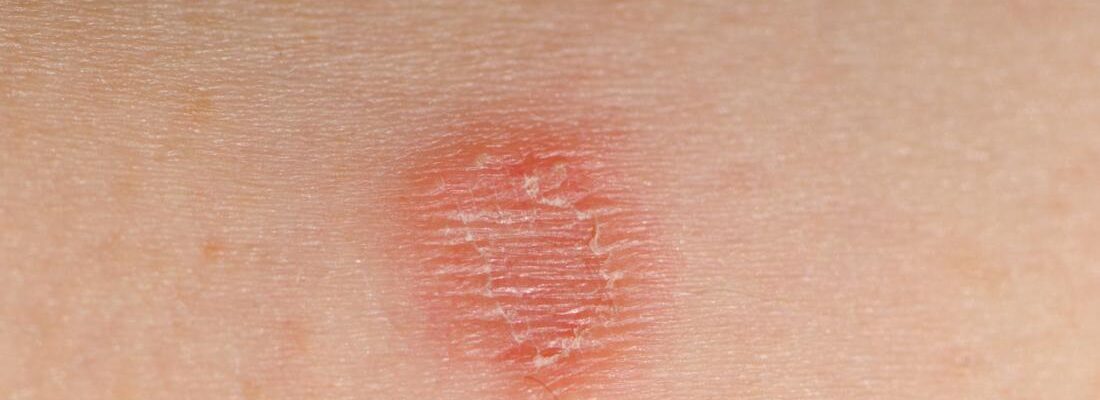Ringworm (buni) is a fungal infection that can appear on various parts of the body, including the scalp and skin. Its symptoms vary depending on the affected area but are often characterized by red, itchy, and ring-shaped patches.
Symptoms of Ringworm on the Scalp:
- Dry and brittle hair. Hair in the affected area may become weak and break easily.
- Hair loss. Patches of hair may fall out, leaving bald spots on the scalp.
- Intense scalp itching. Persistent itching often accompanies the infection.
- Red, ring-shaped patches. These patches have a scaly texture and are distinctively ring-like in appearance.
Symptoms of Ringworm on the Skin:
- Thickened and scaly skin. The infected area may become rough and develop flakes.
- Red, ring-shaped patches. These patches are often circular and raised at the edges.
- Severe itching. The affected area can become very itchy, leading to discomfort.
When Should You See a Doctor for Ringworm?
If over-the-counter antifungal creams do not improve the condition or if you’re unsure about the diagnosis, it’s essential to consult a dermatologist or skin specialist.
What Type of Doctor to Seek: A dermatologist can provide a precise diagnosis and recommend appropriate treatment.
What to Expect From Your First Doctor Visit:
- Your doctor may examine the affected area and, if necessary, take a skin scraping to confirm the fungal infection.
- Treatment may involve stronger prescription antifungal creams, oral medications, or both. Oral antifungals are especially common for scalp infections, as they can penetrate deeper than topical treatments.
Seeking professional care ensures effective treatment and prevents the infection from spreading to other areas or individuals. Proper hygiene and timely treatment are key to managing ringworm effectively.


